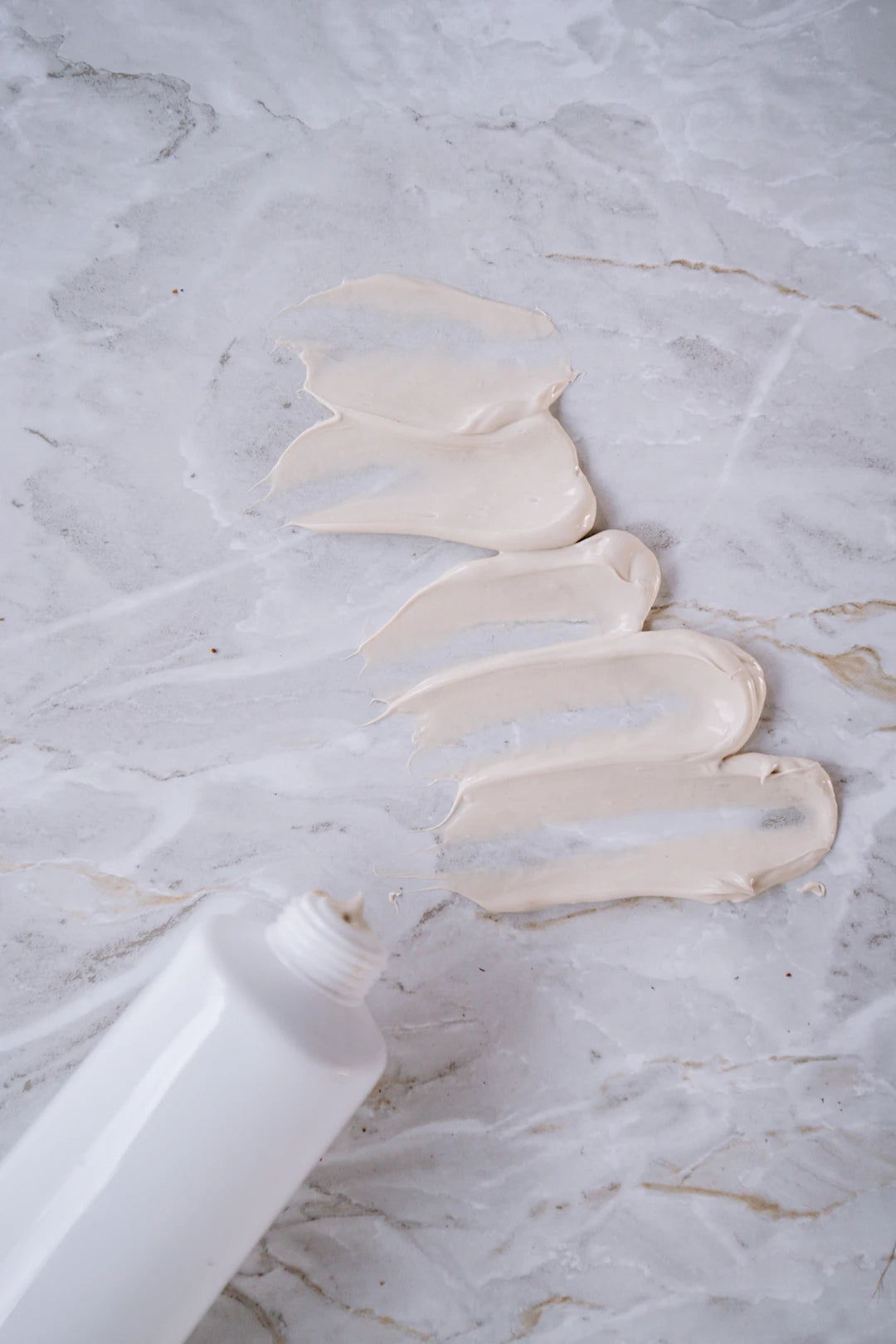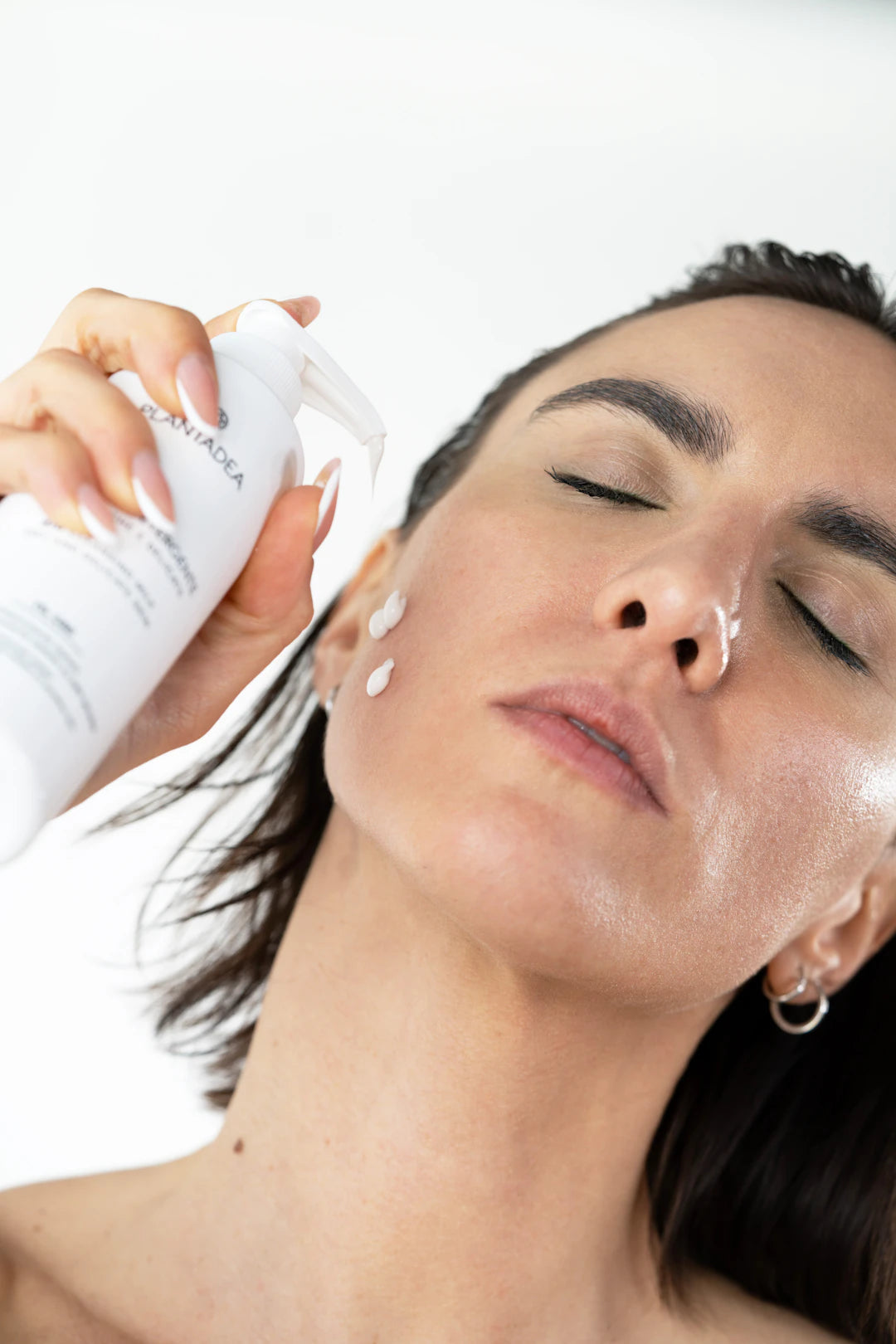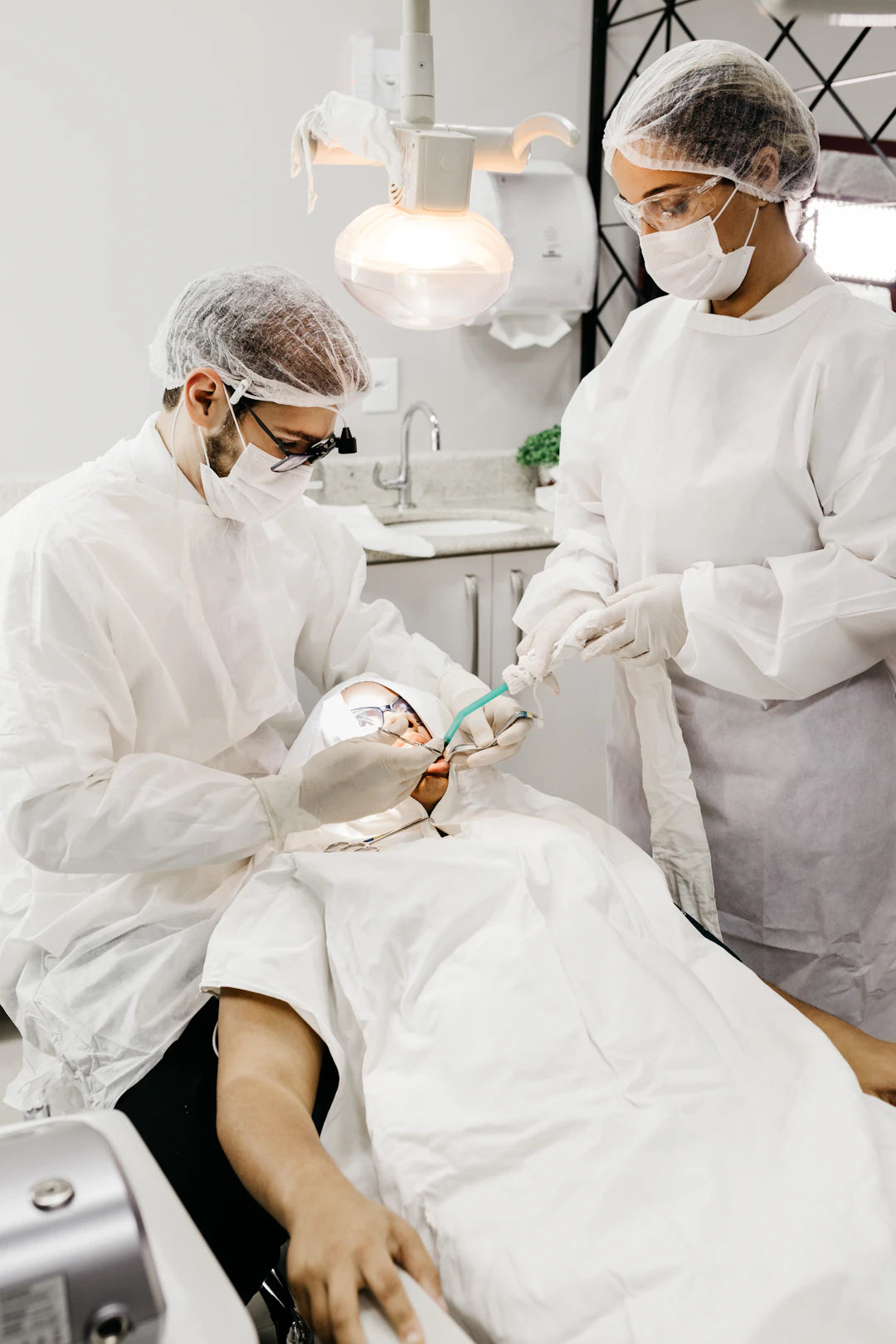The Importance of Cleansing: Prepare Your Skin for Radiance

Frequently Asked Questions
1. Why is cleansing important in a skincare routine?
2. How often should I cleanse my skin?
3. What type of cleanser should I use for my skin type?
4. What is the role of exfoliation in a skincare routine?
5. What are some tips for effective cleansing?
Having a skincare routine is essential for achieving clear, glowing skin. Among the various steps in this routine, cleansing stands out as a foundational practice. It’s not merely about removing makeup or dirt; cleansing prepares your skin to absorb the benefits of other products, making it a crucial step in achieving vibrant, healthy skin. In this article, we will explore the importance of cleansing, how to effectively prepare your skin, and the benefits this can have on your overall skincare regimen.
The Role of Cleansing in Skincare
Cleansing is the first and arguably the most vital step in any skincare routine. When done properly, it helps to establish the base on which all other treatments are built. The skin is exposed to pollutants, dirt, and excess oils every day, which can accumulate and lead to various skin concerns, such as acne, dullness, and premature aging. Let's take a deeper look at why cleansing is essential:
1. Removes Impurities
Throughout the day, your skin comes into contact with pollutants, dust, and bacteria. Cleansing helps remove these impurities, which can clog pores and lead to breakouts. By keeping your skin clean, you allow it to breathe and regenerate.
2. Prepares the Skin for Other Products
Proper cleansing allows your subsequent skincare products—like serums, moisturizers, and treatments—to penetrate deeper and work more effectively. This is also important if you’re considering a chemical peel at home, as a clean slate will enhance the results of the peel and minimize any potential irritation.
3. Balances Skin's pH
Our skin has a natural barrier, known as the acid mantle, that helps protect against bacteria and moisture loss. Cleansing can disrupt this balance temporarily, but using the right products can help maintain it, ensuring your skin remains healthy and hydrated.
4. Promotes Cell Turnover
Regular cleansing aids in promoting cell turnover, meaning dead skin cells are removed and new cells can take their place. This process is crucial for maintaining youthful skin and can also contribute to skin tightening over time, giving a more lifted and firm appearance.
How to Cleanse Your Skin Effectively
Now that we understand the importance of cleansing, let’s discuss how to perform this essential step effectively. Follow these guidelines to ensure you get the most out of your cleansing routine:
Step 1: Choose the Right Cleanser
Select a cleanser that suits your skin type. There are various options available, such as gels, creams, foams, and oils. Understanding your skin's needs is crucial. For example:
- Oily Skin: Gel cleansers can help remove excess oil without stripping the skin.
- Dry Skin: Cream cleansers are beneficial for providing hydration while cleansing.
- Sensitive Skin: Look for fragrance-free and hypoallergenic options.
Step 2: Cleanse Twice Daily
For optimal results, cleanse your skin both in the morning and evening. Morning cleansing helps remove any sweat and oil that has built up overnight, while evening cleansing is crucial for removing makeup, dirt, and impurities that have accumulated throughout the day.
Step 3: Use the Right Technique
Your technique is just as important as the product you use. Follow these simple steps:
- Wet your face with lukewarm water.
- Apply a small amount of cleanser to your fingertips and gently massage it into your skin using circular motions.
- Be sure to cover all areas, including the forehead, cheeks, chin, and the often-neglected neck area.
- Rinse thoroughly with lukewarm water, ensuring no product remains.
Incorporating Exfoliation
Cleansing is just one part of the process. Exfoliation can be a game-changer in your skincare routine. Regular exfoliation removes dead skin cells, unclogs pores, and promotes cell turnover, which enhances your skin’s appearance. You may consider doing a chemical peel at home as part of your routine, as it can provide deeper exfoliation. Here’s what you need to know:
Why Exfoliate?
Exfoliation has numerous benefits for your skin, including:
- Improving skin texture and tone.
- Enhancing the effectiveness of other skincare products.
- Reducing the appearance of fine lines and wrinkles.
Choosing the Right Exfoliant
There are two main types of exfoliants: physical and chemical. Physical exfoliants contain granules or beads that physically scrub the skin. Chemical exfoliants, like AHAs (alpha hydroxy acids) and BHAs (beta hydroxy acids), dissolve dead skin cells and are often gentler on the skin. If you're looking into a chemical peel at home, make sure to follow instructions carefully.
Additional Tips for Effective Cleansing
To ensure you’re maximizing the benefits of your cleansing routine, here are some expert tips:
1. Make It a Ritual
Cleansing should be a mindful experience, not a rushed chore. Take a few moments to enjoy the process; use a gentle massage technique to stimulate circulation, making it part of your self-care routine.
2. Avoid Hot Water
While a hot shower may feel great, using hot water on your face can strip away essential oils and damage your skin barrier. Stick to lukewarm water for cleansing.
3. Don't Over-Cleanse
While it’s important to keep your skin clean, over-cleansing can lead to irritation, redness, and dryness. Stick to twice-daily cleansing, and listen to your skin’s needs.
4. Follow Up with Moisturizer
After cleansing, always follow up with a good moisturizer suitable for your skin type. This step is essential, as it helps restore hydration and maintain the skin's barrier, keeping it healthy and plump.
Embrace Your Cleansing Journey
Adopting a proper cleansing routine is essential if you want to achieve glowing, healthy skin. With a few simple steps—choosing the right cleanser, mastering the cleansing technique, incorporating exfoliation, and prioritizing moisture—you can lay the groundwork for a fabulous skincare experience. Remember, skincare is a journey, not a destination. Embrace the process, and enjoy the transformation your skin undergoes. Start your journey today by committing to a cleansing routine that prepares your skin for radiance, boosts the effectiveness of your treatments like a chemical peel at home, and ultimately, enhances your self-confidence.


